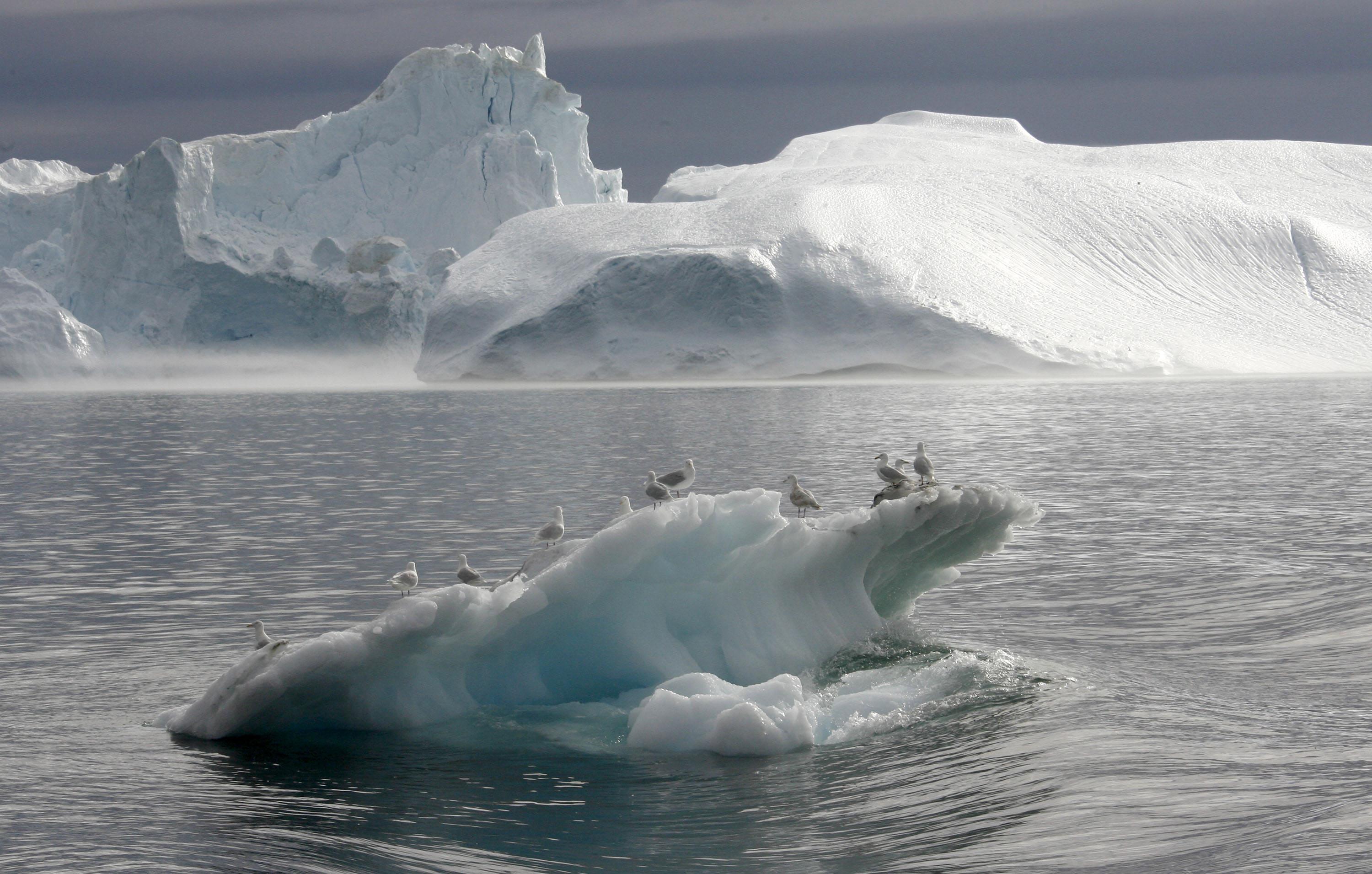The United Nations’ Intergovernmental Panel on Climate Change unveiled its latest report on the increasingly dire state of our planet this morning, declaring that it is “extremely likely” that humans are to blame for global warming. The panel’s last report, released in 2007, found that it was “very likely” that climate change was the result of human activity. In short, the change means that the international team is 95-percent sure that humans are the main cause of the warming, a remarkable degree of certainty in the world of science but one that will likely do little to convince those climate skeptics/deniers who started throwing punches at strawmen even before the report was released.
Here’s the Associated Press with more on one of—if not the—most controversial subject: how to deal with the purported slowdown in warming in the past 15 years.
Climate skeptics say this “hiatus” casts doubt on the scientific consensus on climate change. Many governments had objections over how the issue was treated in earlier drafts and some had called for it to be deleted altogether.
In the end, the IPCC made only a brief mention of the issue in the summary for policymakers, stressing that short-term records are sensitive to natural variability and don’t in general reflect long-term trends. “An old rule says that climate-relevant trends should not be calculated for periods less than around 30 years,” said Thomas Stocker, co-chair of the group that wrote the report.
Many scientists say the purported slowdown reflects random climate fluctuations and an unusually hot year, 1998, picked as a starting point for charting temperatures. Another leading hypothesis is that heat is settling temporarily in the oceans, but that wasn’t included in the summary. Stocker said there wasn’t enough literature on “this emerging question.”
The full 2,000-odd-page report will be released on Monday. But for now the panel has released its 36-page “summary for policymakers,” which you can find here. The summary contains few surprises, in part because many of the findings were leaked ahead of time. Among the notable findings was that the IPCC now projects sea levels to rise by 10 to 32 inches by the end of the century, up from an estimate of 7 to 23 inches in the last report.
Slate will have more analysis of the report, and what it means, later. Stay tuned.
This post was updated for clarity.
